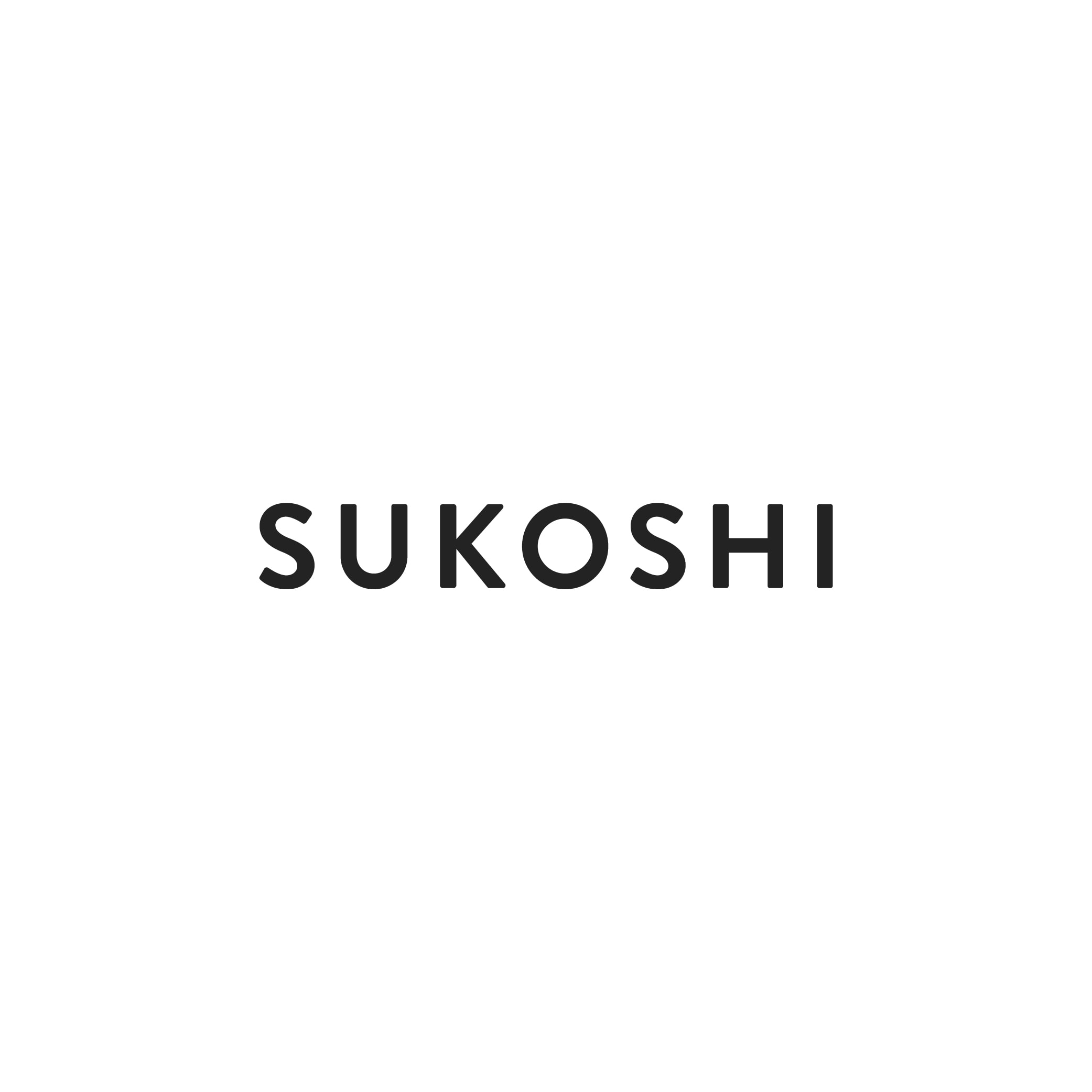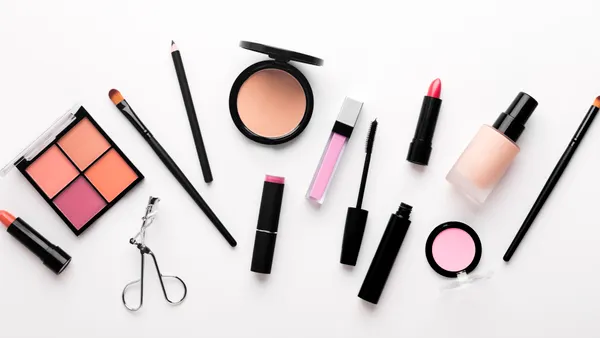NEW YORK — As retailers file for bankruptcy left and right, those left standing have quickly learned that it's not enough to simply sell products — retailers have to think about selling the experience. And today, getting a unique and compelling product to shelf is paramount.
The bar is higher than it has ever been when it comes to impressing the customer, and that means retailers and brands have had to completely rethink product to solve pain points through new channels.
In a panel on Monday at the National Retail Federation's Big Show, I spoke as the moderator with three young brands and companies about how they aim to achieve 'product nirvana' — the perfect product that builds brand loyalty while solving a customer problem.
For Cricket Lee, CEO and founder of Fitlogic and Little Black Pant, it's a $100 billion worldwide problem: The consumer is in a constant battle to find the right fit of clothing, ordering two or three sizes of the same article of clothing, which makes for a reverse logistics nightmare. Lee over the last several years has developed a multi-brand platform that calculates a "fit code," which takes into account different body shapes as opposed to size, and in turn has reduced returns by 80%, she said.
For Kevan Wilson, general manager of retail partnerships at b8ta, it's figuring out why consumers have shunned some stores, but still want to shop for brands offline. Over the last several years, the company has developed a store concept that acts as an extension of the individual brands themselves. B8ta, which has nine flagship locations and 70 shop-in-shops with Lowe's, is agnostic as to where sales are made, Wilson said. B8ta is also about letting brands have control over the way product are merchandised and how fast they can come to market. "If you have to take six months to a year to get into a physical retail store, that's time you can't afford," he said.
For Oliver Young, CEO and founder of Brandable, a company that develops products for social influencers, it's about getting products to market faster — but also about aligning those products with followers of lifestyle influencers.
For all of them, immediate feedback and speed to market have become critical to keeping a constantly fresh cycle of products on the virtual or physical shelves. And social media is one of the best ways these brands say they are figuring out exactly what customers are looking for in products.
"Instagram is important, YouTube is a good platform. One of our influencers Karina Garcia once asked her fans 'What do you want to see next?'" Young said. "We got tens of thousands of ideas, and scents and flavors and we're launching 18 products in Target stores in the Spring — and all of that is fan and community driven. One of those products was directly taken from a fan." Brandable products generally get to market in three months, he added. While a lot of feedback is fueled into development, it can also help brands figure out when to pull the plug on something that isn't clicking.
The formula isn't universal and some platforms are better for targeting different demographics. For Lee, Facebook has been the most impactful platform to test direct to consumer interest on everything from style to color.
Retailers and brands these days are falling over each other to collect as much data as possible with the hope that the more they know about the consumer, the more engagement and brand loyalty they'll build. But Wilson, who comes from the tech world, says not all data is useful. "I like data, I like insights better," he said.
"We work with each maker to determine what exactly they're looking for and we try to provide the data to make that happen," he said. "So we're constantly iterating that information. We don't have buyers, we have partner success people, and they look at the same data we give to the makers."
Redefining the relationship between consumers and products takes a forward-looking mindset that challenges the traditional cycle. For these three companies, that means instilling that culture throughout the company from the executive level to partners and store associates.












